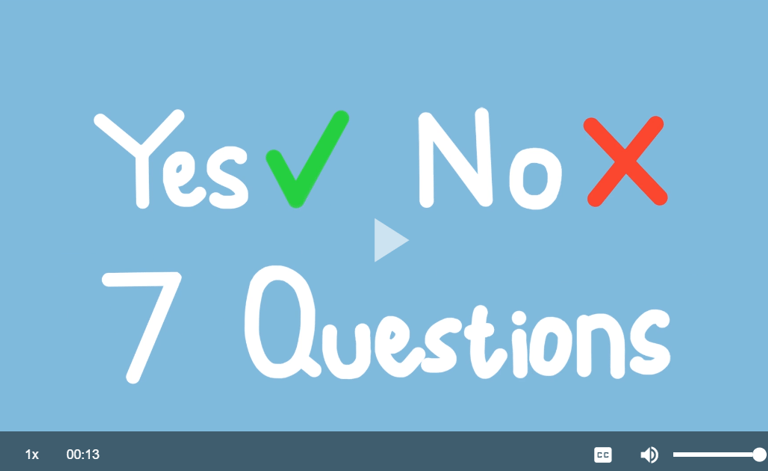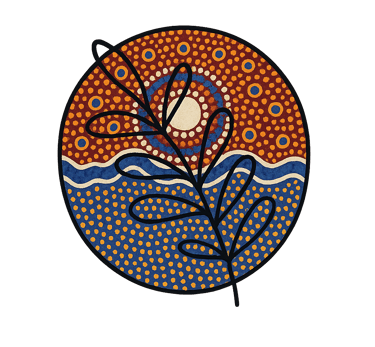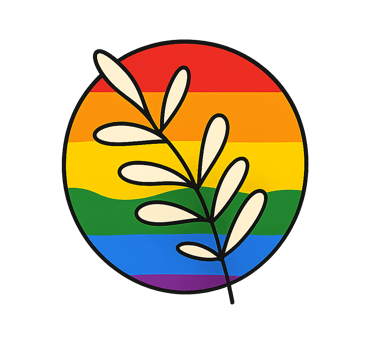

The following delirium checklist has been designed for carers to identify delirium in older people, including those with dementia.
This checklist requires no training, no prior knowledge of the person, no questions directed at the person, is independent of language and based on seven simple observations of the person during care giving.
Delirium Identification Checklist
Have you observed any of the following?
During your interaction with the person today. Have you observed any of the following?
Altered level of awareness to the environment...
Reduced attentiveness; inability to focus...
Fluctuation in awareness and attentiveness...
Disordered thinking...
Disorganised behaviour...
Unexplained impaired eating or drinking...
Unexplained difficulty with mobility or movement...
Reference
1. Shulman RW, Kalra S, Jiang JZ. Validation of the sour seven questionnaire for screening delirium in hospitalized seniors by informal caregivers and untrained nurses. BMC Geriatr. 2016;16:44
To access our free delirium checklist tool, please click the "Delirium Checklist Tool" button below.
Clearer Days Delirium Support
Acknowledgement of Country
Clearer Days Delirium Support acknowledges the Traditional Custodians of the lands around Australia and pay our respects to Elders past and present.
© 2025. All rights reserved.












